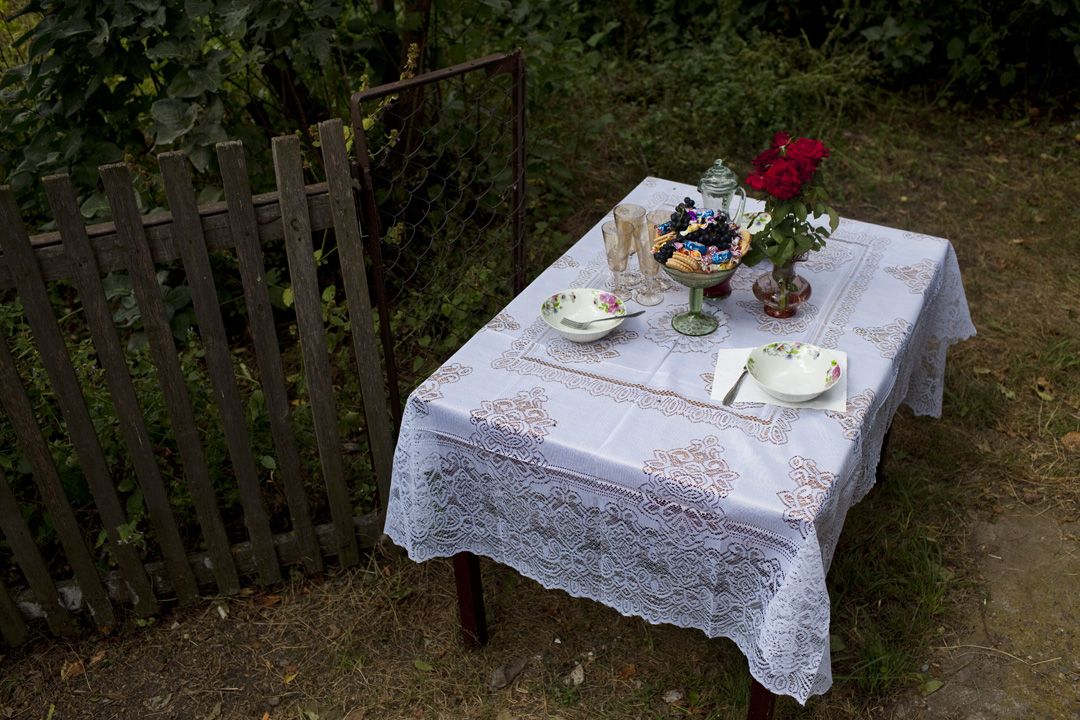Mariana Bernofsky (video below) lives with her husband in Balti, a small town in Northern Moldova, in a house that has been passed through the family for generations. She stays at home with their young child while he works as a trash collector, earning less than $200 each month. Mariana is pregnant and is infected with TB. She expects to successfully complete her treatment in a few months and, after her child is born, will be able to get a final X-Ray that she hopes will show she has been cured of TB.
A few years ago, her father died of TB. It was the second time he had contracted the disease and the last time occurred while he was a migrant worker in Moscow. In this video, Mariana discusses her father's illness. She touches on a few themes that are very important when discussing TB: how migration can influence TB incidence and how lack of education can complicate the treatment of TB patients.
Walking through the streets of Balti you wonder where all of the young people are. It seems like everyone between the ages of 20 and 40 are gone. In fact, they just might be. It is estimated that as much as 25 percent of the population leaves Moldova to work in neighboring countries where they can earn more and send money back to their families. There are many interwoven ways that this huge migration affects TB. The most direct, perhaps, is that migrant workers typically live in poor conditions, work long hours and send most of their earnings home, meaning they have little money for food and shelter. This lifestyle contains many of the risk factors that can make it easier for people to develop active TB. In addition, the workers are usually in the country illegally and have little or no access to healthcare. Because of this, they may wait to see a doctor until their sickness is very serious and, in the case of TB, this can greatly complicate treatment. Some of the migrant workers travel to countries that also have high rates of TB, like Russia, increasing the chance that they will become infected abroad.
Mariana also mentions that the first time her father had TB, he choose not to get an operation recommended by his doctors out of fear that he would lose his entire lung. While theoretically possible, it is highly unlikely that his doctor recommended the removal of his entire lung. What is more likely is that her father had heard rumors that this was a possibility, and he was too scared, or did not trust his doctor enough, to get the operation. Instead, he choose to take the recommended medication as well as some traditional remedies, like badger lard and honey. It is impossible to know whether the surgery would have succeeded, but the story exemplifies the lack of education and information provided to patients undergoing TB treatment.
These are two issues at the crux of the fight against TB: Educating the population about the disease and treating people who are always on the move and have little or no access to health care.
